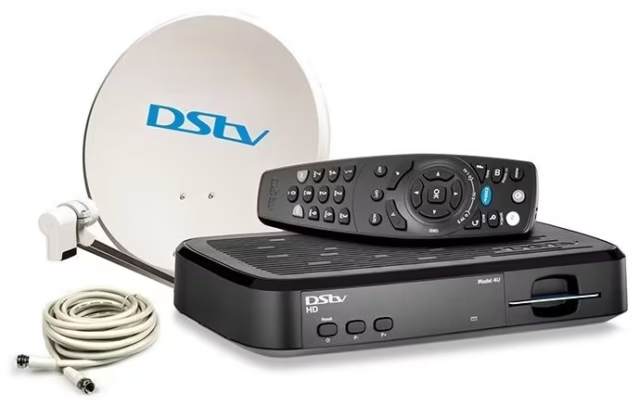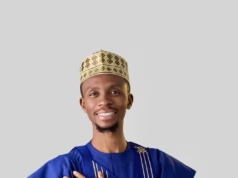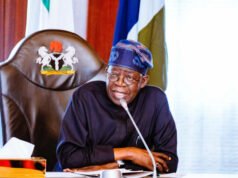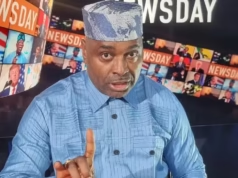Ghana vs. MultiChoice: A High-Stakes Showdown Over DStv Prices
Ghana’s government has issued a warning to pay-TV giant MultiChoice, demanding that they reduce their DStv subscription prices by a whopping 30% by August 7. The ultimatum is clear: either cut prices or risk having their broadcasting license suspended.
This bold move by Ghana’s Minister of Communication, Samuel Nartey George, comes from a growing frustration that MultiChoice’s prices in Ghana are far too high, especially when compared to other African countries.
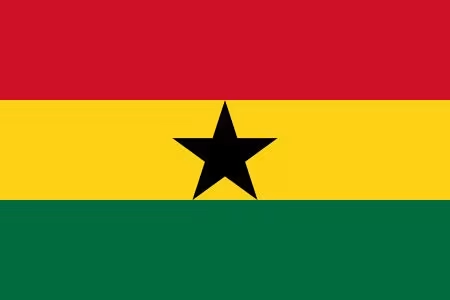
Here’s a quick look at the core issue:
Currency Gains: Ghana’s currency, the cedi, has been one of the best-performing currencies in the world this year, gaining 40% against the U.S. dollar. Despite this major improvement, MultiChoice increased its prices by 15% in April, which the government deems completely unjustified.
The Price Disparity: Minister George highlighted a stark difference in pricing, noting that a DStv premium package costs a massive $83 in Ghana, while the very same package costs only $29 in Nigeria. This huge gap has fueled public and government anger.
In response, MultiChoice stated that a 30% price cut is “not tenable” and that they are already working to keep prices as low as possible while maintaining service quality.
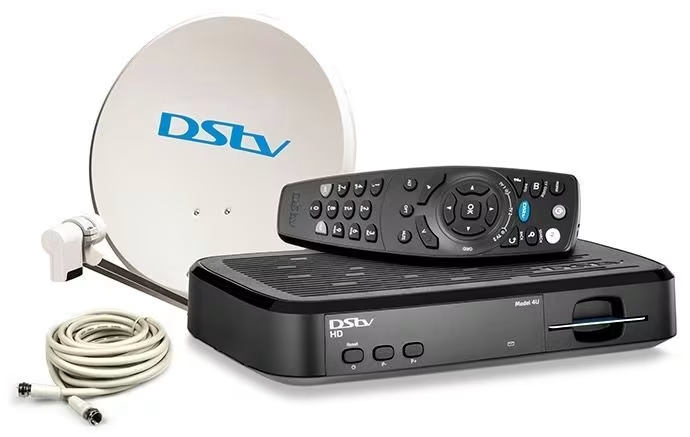
A Similar Battle in Nigeria
Ghana isn’t the only country pushing back against MultiChoice. The company is already embroiled in a legal battle in Nigeria. In March, MultiChoice Nigeria went ahead with a price hike despite a direct warning from the country’s consumer protection agency, the Federal Competition and Consumer Protection Commission (FCCPC).
The FCCPC had raised concerns about frequent price hikes and potential abuse of market dominance. When MultiChoice ignored the directive, the agency took them to court. This case is currently at the Court of Appeal in Abuja, showing that regulators in both countries are determined to protect consumers from what they see as unfair pricing.
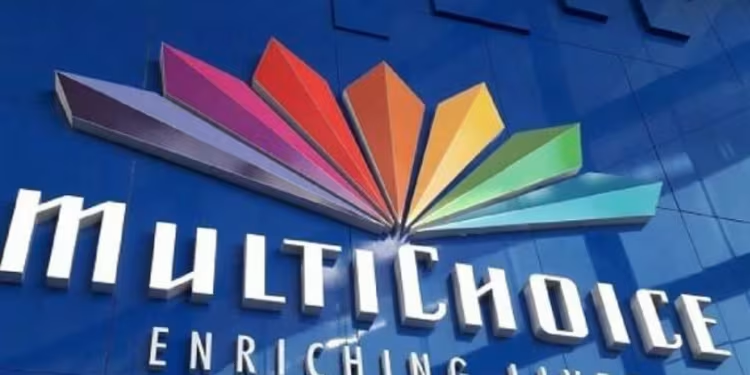
This high-stakes showdown in Ghana and the ongoing legal battle in Nigeria reflect a broader trend across Africa, where governments and consumers are pushing back against the perceived high cost of satellite television and demanding fair pricing that reflects local economic realities.
1. A Happy Ghanaian @GhanaianVibes: The government finally listening! This DStv pricing has been a daylight robbery for years. The cedi is strong, so our prices should reflect that. MultiChoice must respect us. #Ghana #DStv
2. A Nigerian Watching Closely @Naija_Pundit: This is exactly what we need in Nigeria! Our FCCPC is in court with MultiChoice for a reason. Ghana’s government is setting a strong example of standing up for its citizens. Let’s see if MultiChoice will back down this time. #DStvNigeria #Ghana
3. The Business Analyst @BizPulse_Africa: A 30% price cut is a massive hit to MultiChoice’s revenue. While consumer concerns are valid, this ultimatum is a major regulatory risk for the company. It will be a test case for how African governments handle large corporations. #MultiChoice #BusinessNews
4. The Skeptical Subscriber @SkepticalSam: August 7th is the deadline. I’ll believe it when I see it. MultiChoice has always found a way around these things. I’m not holding my breath for a 30% discount, but it’s a good effort. #DStvGhana #PriceCut
5. The MultiChoice Defender @DStvFanatic: People don’t understand how their business works. They have high costs for content and broadcasting rights, especially for things like Premier League. It’s not as simple as just cutting prices. This could hurt service quality. #DStv
6. A Pan-Africanist View @AfricaUnited_: This is a wakeup call for all African governments. We need to demand fair pricing from multinational companies. How can the same service be so much more expensive in one country than another? Kudos to Ghana for leading the charge! #Africa #ConsumerRights
7. A User Focused on the Price Gap @Price_Checker: The article said a premium bouquet is $83 in Ghana but just $29 in Nigeria. Let that sink in. This isn’t just about a price hike; it’s about a fundamental unfairness. It’s about time this was addressed. #DStvUnfair #Ghana
8. The General Public Voice @Public_OpinionGH: We elected our leaders to protect us. This is a perfect example of the government working for the people. We’re tired of being taken for granted. MultiChoice, listen to the people! #GhanaGovernment #StandForGhana
Join Our Social Media Channels:
WhatsApp: NaijaEyes
Facebook: NaijaEyes
Twitter: NaijaEyes
Instagram: NaijaEyes
TikTok: NaijaEyes


